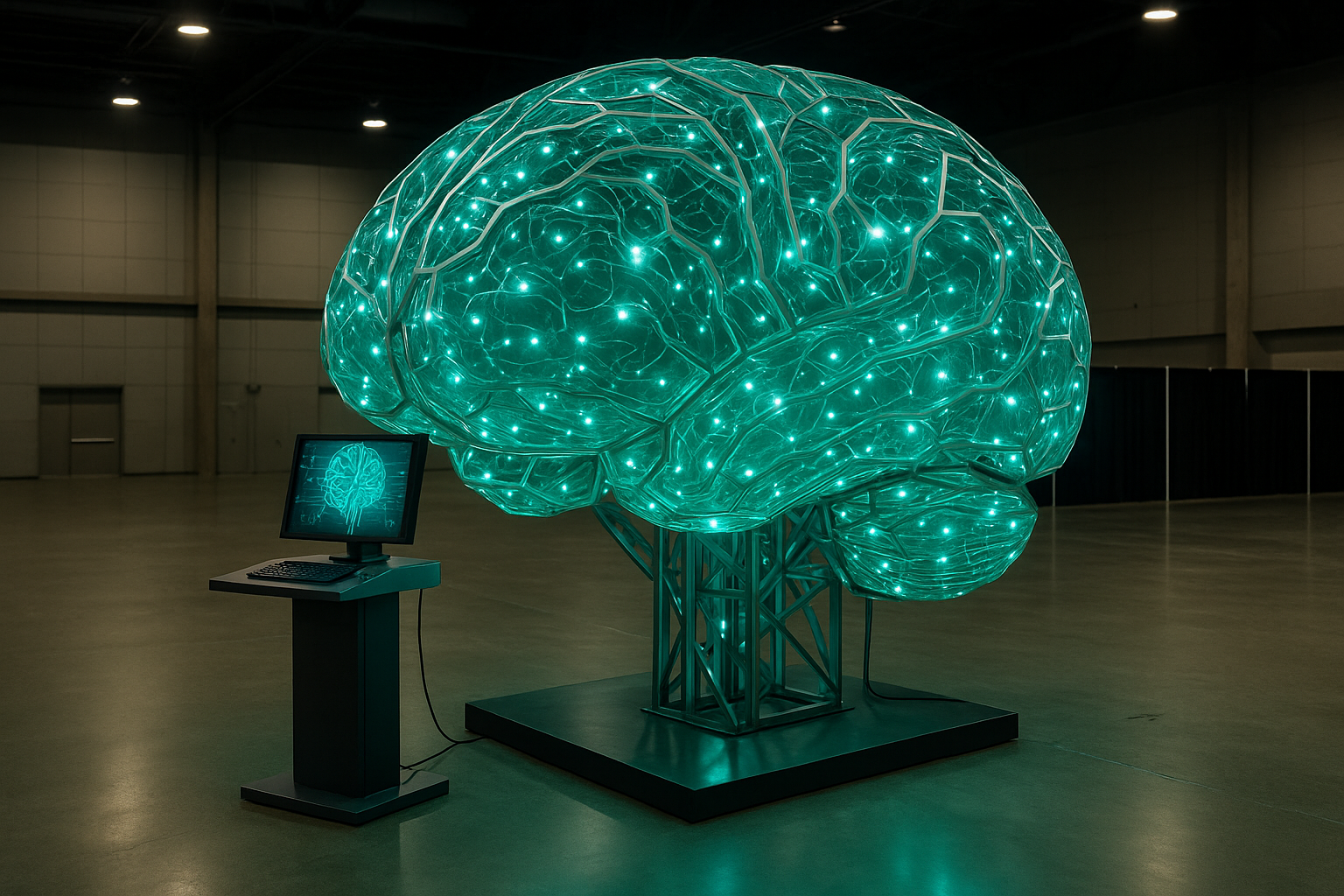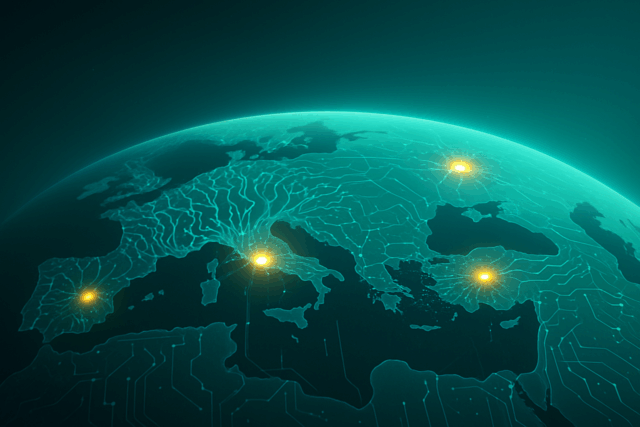How AI is changing our society

Jobs. Brain. Power.
We are at the beginning of a transformation that affects not only technological systems, but also our thinking, our actions – and our self-image. The rapid development of artificial intelligence is not only changing industries and processes. It is also profoundly affecting the cognitive, social and emotional structures of our society.
Artificial intelligence is increasingly taking over functions that we have long considered genuinely human: evaluation, decision-making, even creative pattern recognition.
But the more machines simulate thinking, the more we ourselves find ourselves in a cognitive quandary: what happens when orientation is replaced by systems whose functioning we no longer understand?
What remains of a person when they no longer think – but are thought for? And how can they regain their capacity for social action – when that very thing requires them to think for themselves?

What does ‘cognocracy’ mean?
‘Cognocracy’ refers to a form of society in which decision-making, value creation and control are no longer based on human thinking, but on outsourced, machine cognition. The term describes the dominance of thinking that is no longer organic, emotional or intuitive, but rather data-driven, model-based and externally controlled by machines. People live in decision-making spaces co-designed by machines and act in digital behavioural spaces that are increasingly beyond their control.
From observer to active AI designer
My goal is not only to help you understand the challenges of this profound change, but also to equip you with scientifically sound and practical models of thinking that will help you actively counter uncertainty, loss of control and emotional alienation. This will enable you not only to observe this change, but also to help shape it yourself and strengthen your mental attitude and social participation.
